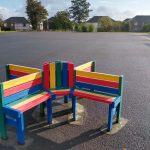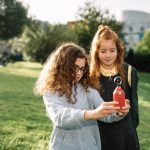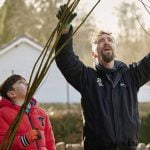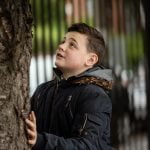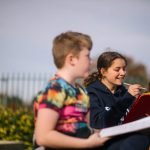My School My Planet – new research findings
As we tackle the question of how to return to school, new evidence from our My School, My Planet project shows that dedicated outdoor education programmes can support disadvantaged pupils to increase knowledge and improve their wellbeing.
Funded by The National Lottery Heritage Fund, the £275k My School, My Planet pilot programme supported children from disadvantaged ethnic groups and low-income families to re-engage with learning as pupils transitioned into the new academic year. We delivered this groundbreaking programme in 49 schools, providing over 700 hours of support to 1029 children across the UK during their return to school following the first lockdown. Participating pupils were offered academic learning focused on three core subjects as a way of engaging them with their outdoor environment and supporting their wellbeing.
The research shows that dedicated school-grounds based outdoor education programmes could be effective in supporting pupils when they return to schools across the UK, and as a vital means to reintegrate pupils into school life, in particular supporting disadvantaged pupils who are likely to be up to seven months behind their more advantaged peers following time away from school.
The findings demonstrate measurable increases in the physical activity of participants, and a notable increase in academic knowledge and understanding of the programme’s core subjects:
- 36% of participants increased their frequency of physical activity by the end of the programme.
- There were measurable increases in children’s academic knowledge of the programme’s core subjects, with correct answers to knowledge tests about climate change increasing from 30% at the start of the programme to 51% at the end.
- The programme supported children from a wide range of disadvantaged ethnic and socioeconomic backgrounds to rebuild relationships with peers and spend time outside, with pupils from 47 different ethnic backgrounds participating, of whom more than a third were eligible for Free School Meals – more than double the national average.
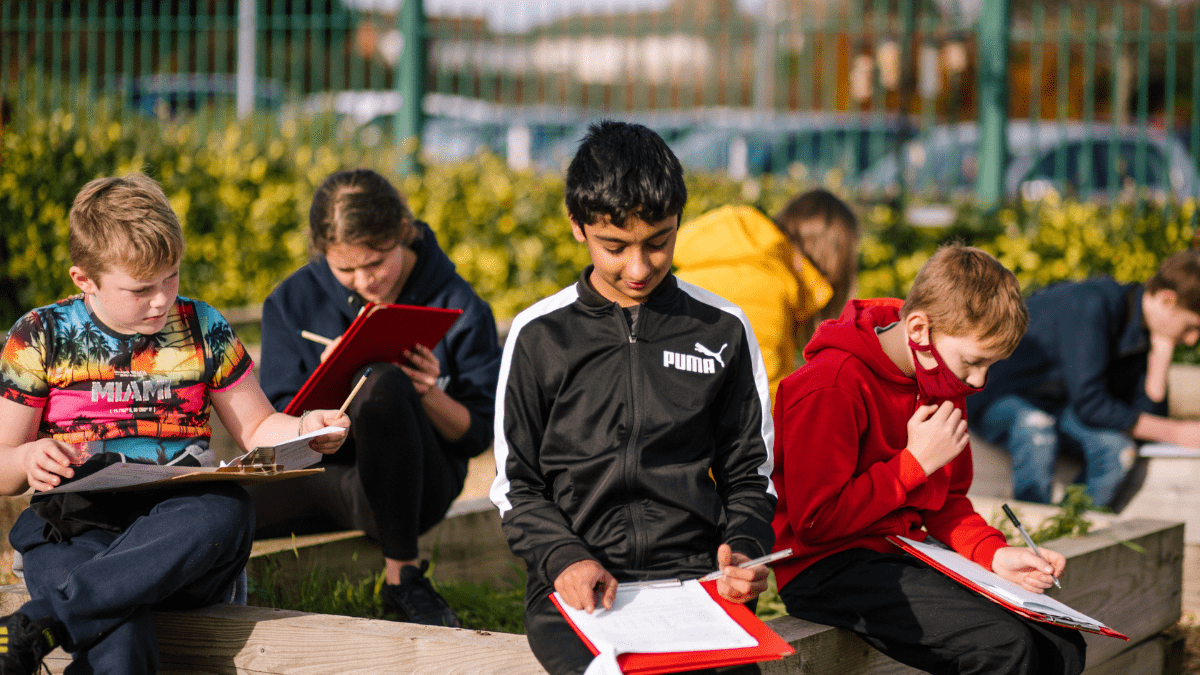
Carley Sefton, Chief Executive at Learning through Landscapes, said:
“As we focus on children returning to school, my priorities are ensuring pupils can re-engage with school life and a love of learning; that they are able to spend time outdoors; and that they have opportunities to re-build relationships with their peers. I am incredibly proud that our My School, My Planet programme was able to achieve these three priorities and urge that this is considered as a model to support more children now.”
The Centre for Education & Youth (CfEY), a highly-specialist think and action-tank rigorously assessed the pilot project’s impact, the results of which can be seen in the evaluation report published on Thursday 24th February 2021. Commenting on the findings, Loic Menzies, Chief Executive of CfEY said:
“There is no doubt that over the next few months, schools and pupils will face innumerable challenges reintegrating into school life. The findings from our study are extremely promising, demonstrating that teachers and pupils hugely appreciated the chance to rebuild relationships, get outside, get active and learn about their natural environment.”
The project’s findings also challenge the misconception that all young people are engaged with, and understand, climate change. Of the three project themes, climate change was only chosen in 7 out of 49 schools. Considering that the disadvantaged children participating in the programme are likely the most adversely affected by climate change, it is important that this imbalance is addressed urgently so that every child can play an equal part in the protection of the planet for their futures.
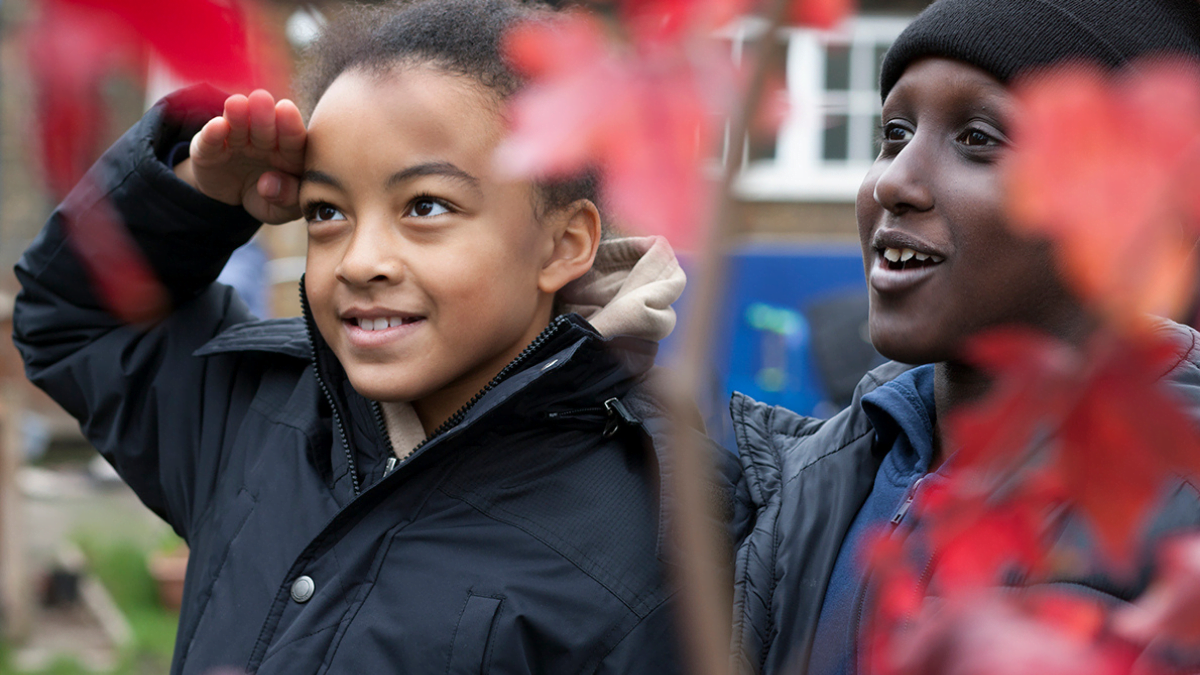
To fully support marginalised and disadvantaged communities, we worked with key partners including Louder Than Words, who embedded a truly unique approach to inclusivity and diversity throughout the project. This approach supported pupils in one school from diverse ethnic backgrounds to link their learning about local biodiversity and migratory species to countries their families come from. We also engaged with and listened to the voices of young environmental activists to understand the issues faced by disadvantaged young people.
Of the project, Ros Kerlake, Chief Executive of the National Lottery Heritage Fund said:
“We chose to support this innovative and inspiring project because of the way it uses the outdoors to engage pupils with nature and climate change in a very real way. Outdoor learning is a brilliant way to help children get back in to an educational setting after so much time away from the classroom and staring at screens. It is critical that all children are taught the value of nature all around us and understand the impact of climate change so that all have a say in the future our of planet.”
Sian Riddell, a teacher at Balderstone Primary School in Blackburn, said:
“When we returned to school after lockdown in September, we could have all easily got distracted by catch up lessons. My School, My Planet helped us to prioritise the children’s emotional and mental health and wellbeing by getting outside and immersing ourselves in nature.”
You can read the results in full on the My School, My Planet project page.
